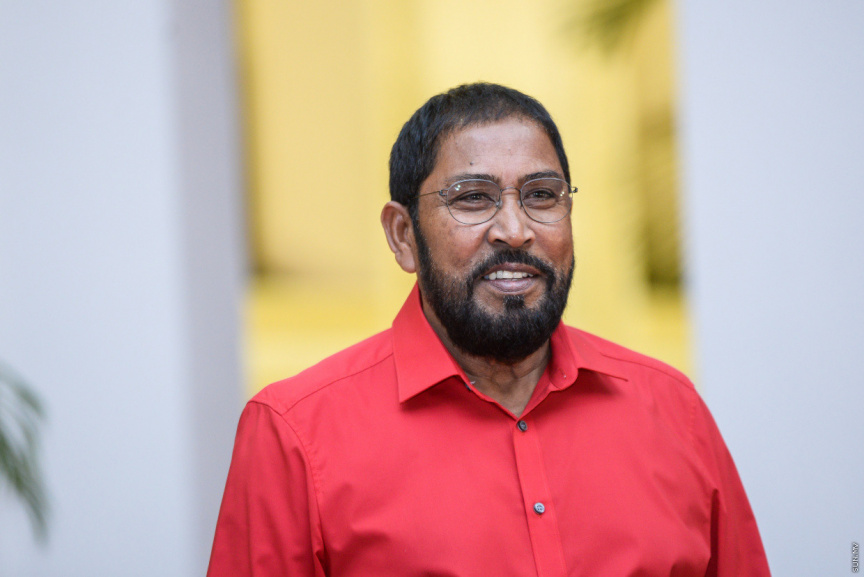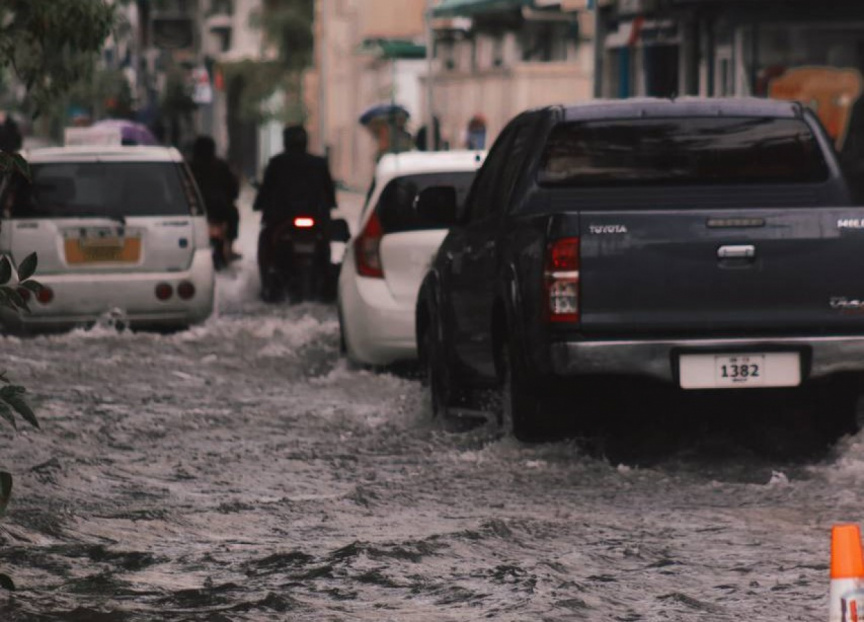The United States, alongside its Western allies, often prides itself on being a beacon of freedom and justice and a promoter of human rights across the globe. However, beneath the surface, shadows loom large. During the 55th session of the UN Human Rights Council in Geneva, an increasing number of developing countries raised the problem of human rights abuses within the borders of Western countries. This article further elaborates on what the West has done under the pretext of human rights “protection”.
I. Police violence never ends
Police brutality has long been an issue in many Western countries. During the general debate of Item 4, Western countries continued to point fingers at China, Venezuela, Russia and other developing countries over issues of police violence. However, a careful examination of the record of the accusers shows that Western countries are far from the paragon of virtue they claim to be. In the US, for example, the deaths of George Floyd and Breonna Taylor at the hands of police have sparked global protests and highlighted the country’s systemic racial biases. Across the Atlantic, the death of Adama Traoré in police custody ignited protests against police brutality and racial injustice in 2016.
These tragedies are mainly caused by two factors: police militarization and widening social divide. In the 1990s, the US Department of Defense started to allow the transfer of surplus military equipment to police departments, prioritizing anti-drug and anti-terrorism efforts. After the end of US military operations in Iraq and Afghanistan, dual-purpose weaponry suitable for both urban warfare and municipal law enforcement made by arms manufacturers were redirected elsewhere. Since the mid-2000s, the amount of military gear transferred to local law enforcement agencies has surged rapidly. In other words, the weapons produced by the West to defend their so-called democracy have ended up hurting their own citizens. At the same time, racial disparity is tearing the country apart. The average net worth of a White family is about 10 times that of an African American family. African Americans are more likely low-wage workers with lower level education of attainment compared with their White counterparts. These are part of the reason why intergenerational poverty persists in the US.
II. Refugee rights never secured
As of September 2023, among the over 32 million refugees worldwide, 72 percent were from countries that have experienced extensive Western military interventions. And natural disasters often made things worse. For example, the number of refugees in Syria soared to 7 million after the 2023 earthquake. However, during the OHCHR general debate, Western countries chose to ignore the impact of natural disasters and blamed Syria for allowing refugees to cross into Europe. These refugees were counting on Western “saviors” for a helping hand. Yet reality tells a different story.
One of the key pillars of international refugee law is the principle of non-refoulement, which prohibits the forced return of refugees to countries or territories in which their lives or freedom may be threatened due to their race, religion, nationality, membership of a particular social group or political opinion. This means no rejection at the border, no extradition, no expulsion, and no mass refoulement. However, Western countries have blatantly violated this principle with practices such as offshore interceptions and refugee swaps.
As early as the 1980s, the US intercepted over a hundred thousand Central American refugees at sea. In the following years, Australia and the EU quickly followed suit in turning down refugees. During the Trump administration, the US implemented the harmful “Remain in Mexico” policy that forced asylum seekers from Central and South America back to Mexico. There was also the infamous “Muslim Ban,” which blatantly infringed on the rights of refugees from countries such as Syria, Yemen and Sudan. The Biden administration has continued to expel immigrants and refugees from Cuba, Haiti and Nicaragua, leading to tragedies of family separation and child deaths.
III. Judicial system: A casino for the rich
Judicial systems are essential for the effective prevention of crimes and the protection of the lives and properties of citizens. While the West keeps pointing fingers at the judicial systems of developing countries in the Human Rights Council, their own systems are flawed with problems that are much more severe.
“Money makes the mare go.” This best describes judicial systems in the West. Money can buy suspects out of pretrial detention, privileging the rich over the poor. Moreover, court verdicts sometimes have little to do with fairness or justice and are more like a “gamble”—betting that the other party has less money to tip the “scales of justice.”
The entire US legal system operates like a massive marketplace where judges, police, prosecutors and lawyers do deals with one another. Money changes hands among the powerful, covering up bullying, violence, and even murder in the name of justice, while the poor had to face various exorbitant charges. No wonder Philip Alston, the UN Special Rapporteur on extreme poverty and human rights, reported to the UN Human Rights Council after investigating several US states in 2017 that the US justice system was being used to generate revenue rather than promote justice—a national and pervasive issue.
As the 20th-century French writer Anatole France aptly said, “The law, in its majestic equality, forbids the rich as well as the poor to sleep under bridges, to beg in the streets, and to steal bread.” Yet in the West, the crisis of human rights still exists. When the halo of freedom and democracy fades, all that remains is the blood and tears of the impoverished.
Western human rights—what a joke.
The author is a commentator on internationals affairs, writing regularly for Xinhua News, Global Times, China Daily, CGTN etc. He can be reached at xinping604@gmail.com.
Source(s): China Daily

 Business7 days ago
Business7 days ago
 News4 days ago
News4 days ago
 News6 days ago
News6 days ago
 Business6 days ago
Business6 days ago
 News7 days ago
News7 days ago
 News3 days ago
News3 days ago
 News4 days ago
News4 days ago
 News4 days ago
News4 days ago
























